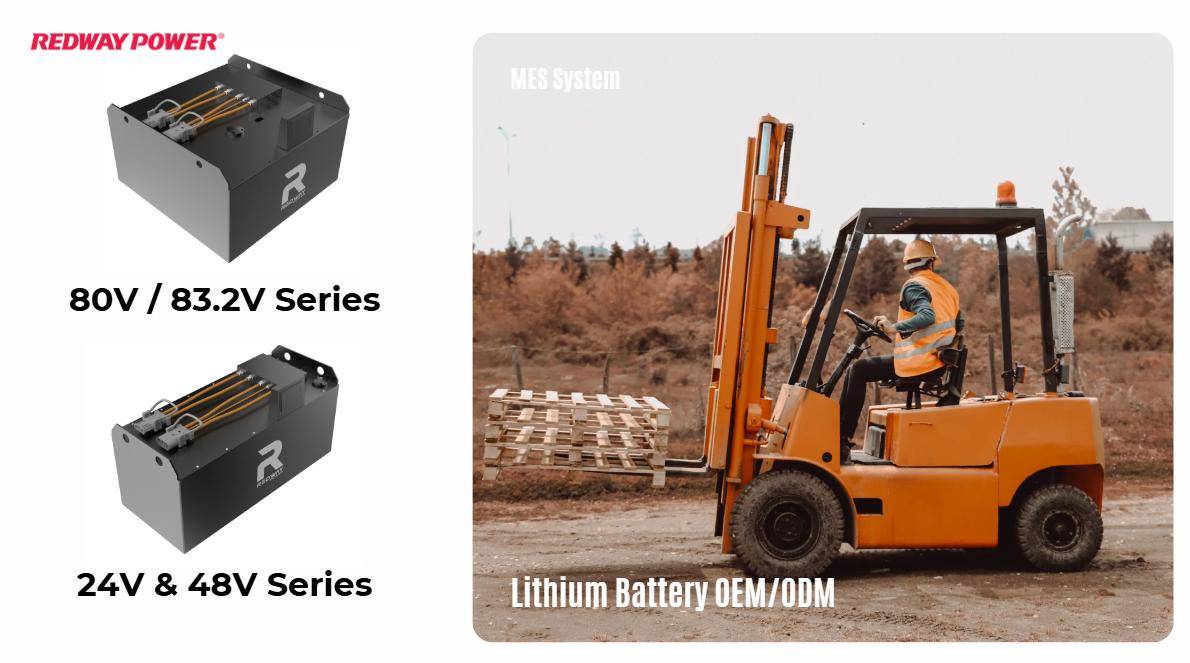
Blog
What Certifications and Standards Are Essential in Forklift and Battery Industries?

Understanding the certifications required for forklift operators, industry standards for battery safety, compliance certifications for electric vehicles, quality assurance processes in battery manufacturing, and ISO certifications relevant to the battery industry is crucial for ensuring safety, reliability, and regulatory compliance within these sectors.
What Are OSHA Certification Requirements for Forklift Operators?
OSHA certification requirements mandate that all forklift operators undergo formal training that includes both theoretical instruction and practical evaluation. Employers must ensure that operators are trained on specific types of forklifts they will be using and that they are evaluated regularly to maintain certification.Chart Title: OSHA Certification Requirements
| Requirement | Description |
|---|---|
| Age Requirement | Operators must be at least 18 years old |
| Training | Formal instruction covering safe operation |
| Evaluation | Practical performance evaluation by a certified trainer |
How Can Employers Ensure Compliance with Forklift Training?
Employers can ensure compliance by developing comprehensive training programs that meet OSHA standards, conducting regular refresher courses every three years, and maintaining accurate records of operator training and evaluations.
What Are Key Safety Standards for Batteries in Manufacturing?
Key safety standards include UL 1642, which covers lithium-ion batteries’ safety requirements, and IEC 62133, which outlines safety testing procedures. These standards ensure that batteries are safe to use under various conditions.Chart Title: Key Safety Standards Overview
| Standard | Focus Area |
|---|---|
| UL 1642 | Safety testing for lithium-ion cells |
| IEC 62133 | Safety requirements for portable batteries |
| UL 2054 | Safety tests for battery packs used in appliances |
How Do UL Standards Impact Battery Safety Practices?
UL standards significantly impact battery safety practices by providing guidelines that manufacturers must follow to ensure their products meet rigorous safety criteria before reaching consumers.
What Certifications Are Required for Electric Vehicles?
Electric vehicles must comply with various certifications such as EPA emissions standards, NHTSA safety regulations, and efficiency certifications that verify energy consumption meets established benchmarks.Chart Title: EV Certification Overview
| Certification | Description |
|---|---|
| EPA Emissions Standards | Regulates greenhouse gas emissions from vehicles |
| NHTSA Safety Regulations | Ensures vehicle safety through crash testing |
| Efficiency Certifications | Validates energy consumption metrics |
How Do Quality Assurance Processes Ensure Battery Reliability?
Quality assurance processes involve systematic testing at multiple stages of production to identify defects early. Techniques include incoming material inspections, in-process monitoring, final product testing, and adherence to established quality management systems like ISO 9001.Chart Title: Quality Assurance Processes
| Process | Description |
|---|---|
| Incoming Material Inspection | Tests raw materials before production |
| In-Process Monitoring | Real-time data collection during assembly |
| Final Product Testing | Comprehensive evaluation before market release |
What Is the Importance of ISO Certifications in the Battery Industry?
ISO certifications such as ISO 9001 (Quality Management) and ISO 14001 (Environmental Management) are crucial as they help manufacturers establish reliable processes that ensure product quality while minimizing environmental impact.Chart Title: Relevant ISO Certifications
| Certification | Focus Area |
|---|---|
| ISO 9001 | Quality management systems |
| ISO 14001 | Environmental management systems |
| ISO 45001 | Occupational health and safety management |
Conclusion
Navigating the landscape of certifications required for forklift operators and understanding industry standards for battery safety is vital for ensuring compliance and promoting safe practices within these sectors. By adhering to established guidelines, businesses can enhance their operational efficiency while contributing positively to workplace safety.
Expert Views
“Compliance with certification requirements not only ensures safety but also builds trust with consumers who rely on these products,” states John Smith from Redway.
FAQ Section
- What are OSHA certification requirements for forklift operators?
OSHA requires formal training that includes theoretical instruction and practical evaluation; operators must be at least 18 years old. - What key safety standards apply to batteries?
Key standards include UL 1642 for lithium-ion batteries and IEC 62133 outlining safety testing procedures. - What is the importance of ISO certifications in the battery industry?
ISO certifications help establish quality management practices that ensure product reliability while minimizing environmental impact.



